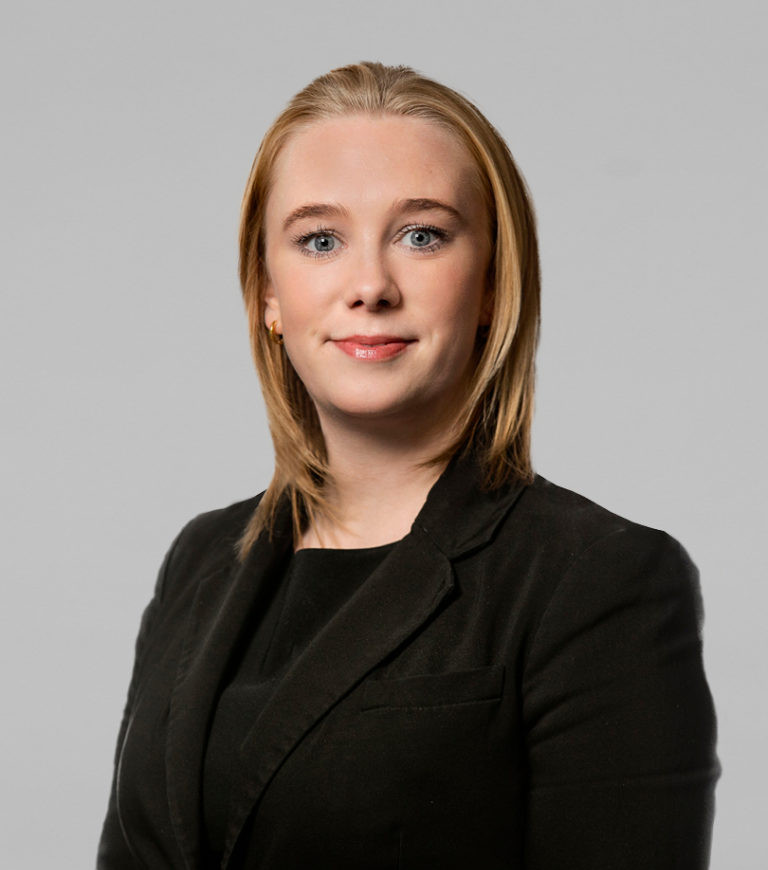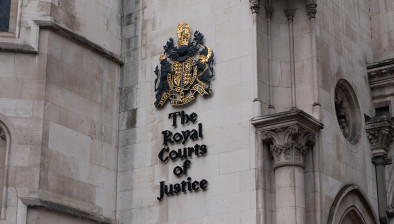Anonymous reporting ‘could help tackle’ workplace sexual harassment

Máille Brady Bates, one of the contributors to the paper
Anonymous reporting through a helpline or smartphone app could help tackle workplace sexual harassment in Ireland, according to a new research discussion paper.
The paper summarises research conducted by Dublin Rape Crisis Centre (DRCC), with contributions from A&L Goodbody and solicitor Máille Brady Bates, an associate at Arthur Cox.
It includes a survey by DRCC of the experience of victims/survivors of sexual harassment as well as a review of existing legal frameworks, and proposes recommendations to reform existing legal mechanisms and create new ones that are victim/survivor-focused.
Noeline Blackwell, human rights lawyer and CEO of DRCC, said: “Given the tsunami of revelations across myriad sectors, it is past time to acknowledge the valid frustrations of victims/survivors of workplace sexual harassment. Our survey shows that among those who had experienced sexual harassment, 60 per cent reported being sexually harassed at work.
“With employees across all sectors now returning to the workplace, we have an opportunity – indeed a duty – to critically examine and amend the mechanisms available to victims/survivors seeking to access justice.”
DRCC will host a webinar on the paper’s findings on 1 November, which will allow stakeholders to discuss the findings and recommendations and plan how to take the research forward.
The organisation intends to develop a working group to build on the paper and webinar by discussing, examining and testing proposed reforms to achieve the necessary changes.
The paper suggests such solutions as an anonymous helpline to report abuse and offer information and advice, online apps for reporting harassment, and a suggestion to explore other workplace approaches to find effective ways to address the culture of harassment in some workplaces.
Ms Bates, who specialises in employment law and sexual harassment in particular, said: “This research is a significant and timely contribution to the conversation regarding workplace sexual harassment.
“It considers creative, effective and holistic means to address cultures of workplace sexual harassment and abuse; such as shifting the focus from viewing workplace sexual harassment solely as an equality issue to a health and safety matter – as has been considered in other common law jurisdictions – to allow for a more victim-centric approach to addressing this culture in the wake of the #MeToo movement.”









